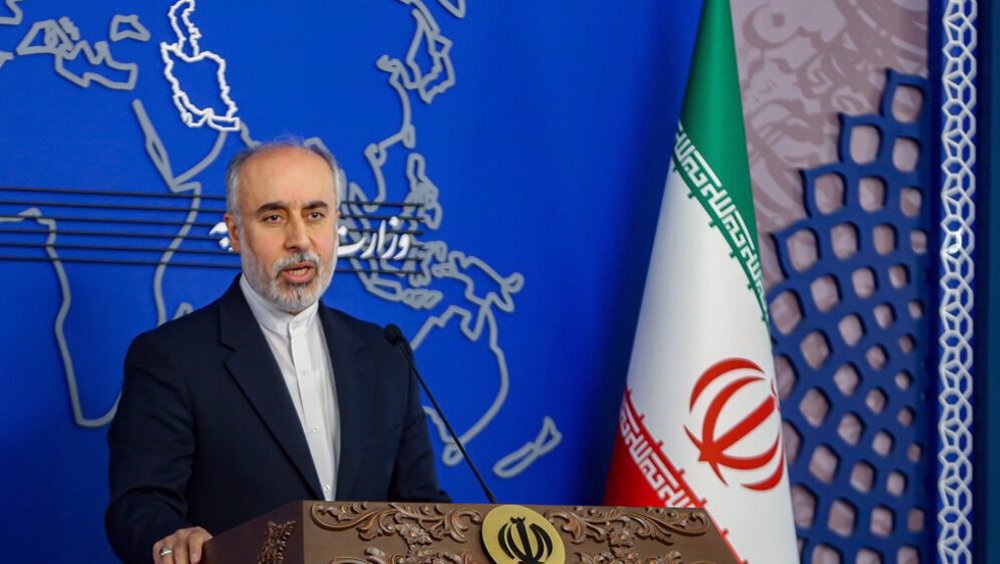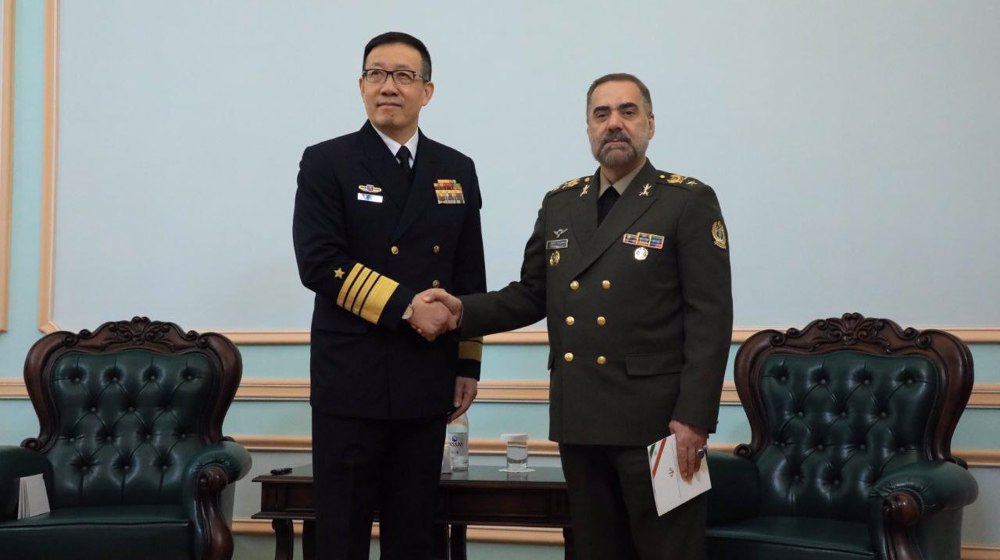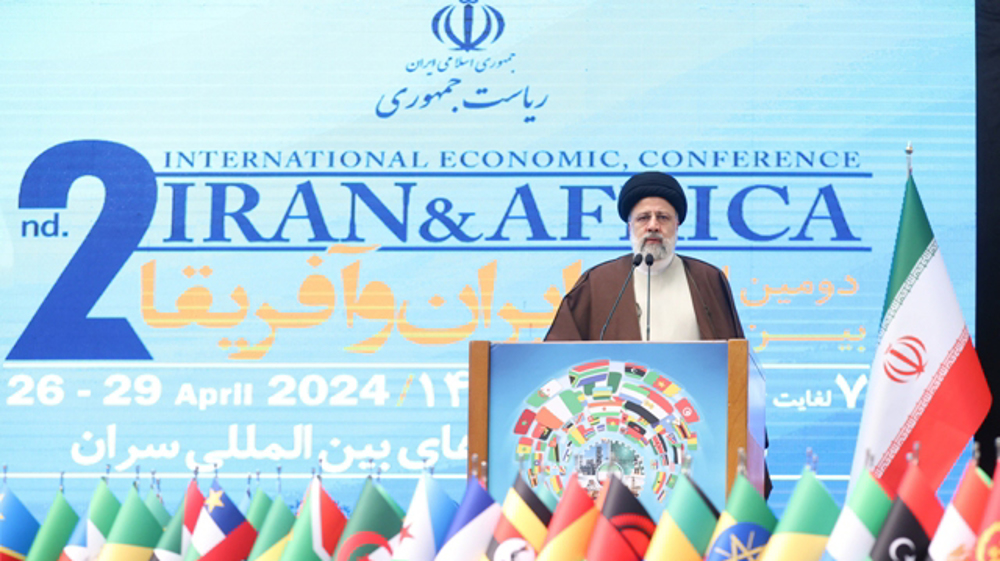US wants insecurity crisis to continue in Mideast: Iran official
A senior Iranian official says acts of sabotage by the United States against the campaign launched to liberate the northern Iraqi city of Mosul from Daesh terrorists show Washington’s unwillingness to see an end to the insecurity crisis in the Middle East.
In a meeting with Iraq’s Vice President Nouri al-Maliki in Tehran on Tuesday, Secretary of Iran’s Supreme National Security Council (SNSC) Ali Shamkhani said the Islamic Republic is determined to continuously support the Iraqi government and nation in the fight against terrorism.
Iraqi troops launched the second phase of a major operation to retake Mosul from Daesh terrorists on December 29, pushing deeper into eastern part of the city in a multi-pronged assault after a two-week lull.
Staff Lieutenant General Abdulwahab al-Saadi, a top commander in Iraq's Counter-Terrorism Service (CTS), said on Sunday that the government forces continue to make advances in their joint operations with pro-government fighters to liberate Mosul from the grip of Daesh terrorists and have managed to establish control over more than 60 percent of the eastern side of the strategic northern city.
The senior Iranian official hailed great achievements made by the Iraqi army soldiers and popular forces in their battle against terrorism, noting, “Terrorism is the root cause of insecurity and instability [in the region] and Iraq’s successes in this field prove the fact that the only correct way to fight terrorism is to rely on people’s exemplary capability and use indigenous potentialities,” Shamkhani said.
He pointed to the alliance among Shia Muslims in Iraq and their constructive and positive interaction with followers of other faiths and political groups, saying that the continuation of such an alliance requires patience, self-sacrifice and convergence.

The SNSC secretary further said the forces of Popular Mobilization Units (PMU), also known as Hashd al-Sha'abi, play a strategic role in reinforcing security in Iraq.
He added that the Iraqi parliament has approved a law to give full legal status to fighters from the PMU due to their constructive measures and the presence of all groups and faiths among them.
Iraq’s Council of Representatives on November 26, 2016 voted in support of the legislation, which recognizes Hashd al-Sha'abi as part of the national armed forces, places the volunteer fighters under the command of Prime Minister Haider al-Abadi, and grants them the right to receive salaries and pensions just like the regular army and police.
Shamkhani also said that Iran and Iraq must activate new potentialities in their political, economic, cultural and security cooperation in order to establish sustainable security and become a role model for strategic mutual relations in the region.
Terror fight needs enhanced defense, security capability
The Iraqi vice president, for his part, commended Iran’s full support for his county in the fight against terrorism.
The former Iraqi prime minister added that the continuation of the resistance front’s victories against terrorist groups and their regional and Western sponsors requires identification and removal of obstacles and planning to boost political, defense and security capability.
Maliki arrived in Tehran on Saturday to hold talks with senior Iranian officials.
VIDEO | Yemenis rally in Sana'a in solidarity with Palestinians in Gaza
VIDEO | Jordanians march after Friday prayers in support of Palestinians
Far-right Israeli minister Ben-Gvir injured
Germany clears pro-Gaza camp as US-style demos spread across Europe
Iran: US lacks competence to comment on human rights, freedom of expression
It could take 14 years to remove debris left by Israel war on Gaza: UN
Iran, China discuss military cooperation
Sanders to Netanyahu: 'Don’t insult American people’s intelligence'










 This makes it easy to access the Press TV website
This makes it easy to access the Press TV website